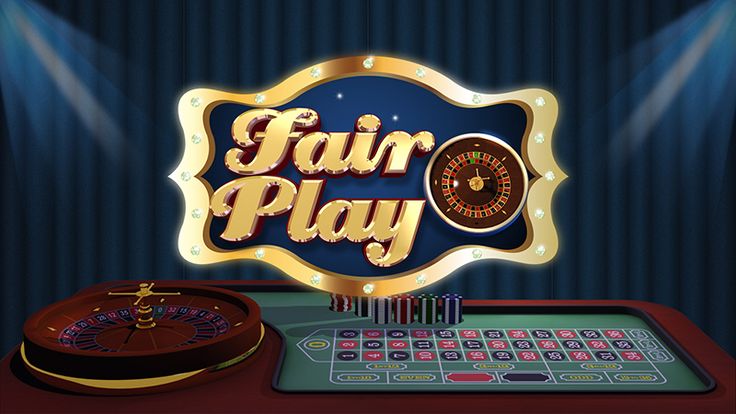Ensuring Fair Play: How to Identify if a Casino Offers Honest Games

In the vast and diverse world of online and land-based casinos, the question of fair play is paramount. Players want to engage in gambling (judi online) activities with the assurance that the games they partake in are conducted on a level playing field. This article explores key indicators and strategies to help individuals determine whether a casino is offering fair games, ensuring a transparent and trustworthy gaming experience.
1. Licensing and Regulation:
The first and foremost factor to consider when assessing the fairness of a casino is its licensing and regulatory status. Reputable and fair casinos obtain licenses from recognized regulatory bodies, such as the UK Gambling Commission, the Malta Gaming Authority, or the Isle of Man Gambling Supervision Commission. These regulatory bodies enforce strict standards for game fairness, security, and player protection. Checking for a casino’s valid license is a fundamental step in ensuring fair play.
2. Third-Party Audits and Certification:
To provide an additional layer of assurance, fair casinos often undergo regular audits conducted by independent third-party organizations. Companies like eCOGRA (eCommerce Online Gaming Regulation and Assurance) or iTech Labs conduct thorough assessments of a casino’s software, games, and overall operation. Certification from such organizations indicates that the casino meets specific standards of fairness and randomness in its gaming outcomes.
3. Random Number Generators (RNGs):
The backbone of fair play in online casinos is the use of Random Number Generators (RNGs). These algorithms ensure that game outcomes, such as card draws or slot spins, are entirely random and not manipulated in favor of the house or the player. Reputable casinos openly disclose information about the use of RNGs in their games. Players should be wary of casinos that do not provide transparent details about their randomization processes.
4. Game Software Providers:
The credibility of the software providers associated with a casino is a strong indicator of its commitment to fair play. Renowned game developers, such as Microgaming, NetEnt, or Playtech, have a reputation to uphold and adhere to strict industry standards. Casinos that partner with reputable software providers are more likely to offer fair and unbiased games.
5. Player Reviews and Testimonials:
The experiences of fellow players can provide valuable insights into the fairness of a casino. Online forums, review sites, and social media platforms are treasure troves of information where players share their experiences, both positive and negative. Consistent reports of unfair practices or rigged games are red flags that should prompt potential players to exercise caution.
6. Transparency in Terms and Conditions:
A fair and transparent casino is one that openly communicates its terms and conditions. Pay attention to the fine print regarding withdrawal policies, bonus terms, and game rules. A trustworthy casino ensures that players are well-informed about the rules governing their gaming experience, leaving no room for ambiguity or misunderstandings.
7. Customer Support Responsiveness:
The quality and responsiveness of customer support can be indicative of a casino’s commitment to fair play. Legitimate casinos prioritize customer satisfaction and promptly address player concerns. If a casino is unresponsive or evasive when questioned about the fairness of its games, it may be a cause for concern.
8. Track Record and Reputation:
The reputation and track record of a casino in the industry are essential factors to consider. Established casinos with a history of fair play and positive player experiences are more likely to prioritize integrity. Research the casino’s history, including any past controversies or disputes, to gauge its reliability and commitment to offering fair games.
Conclusion:
In the dynamic world of casinos, ensuring fair play is crucial for both players and the industry’s credibility. By carefully considering factors such as licensing, third-party audits, RNGs, software providers, player testimonials, transparency, customer support, and track record, individuals can make informed decisions about the fairness of a casino. Armed with this knowledge, players can confidently engage in gambling activities, knowing that the odds are not unfairly stacked against them.

